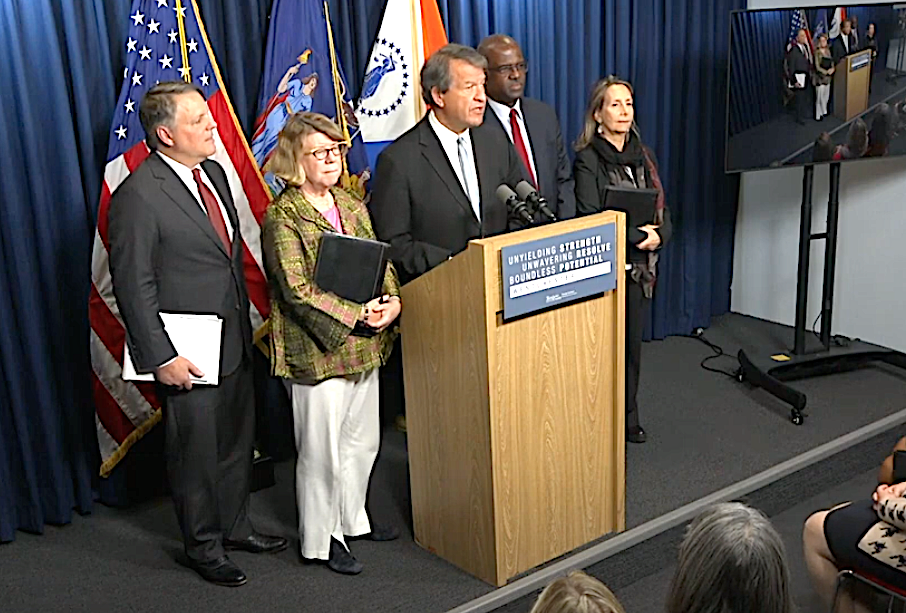
Save the Sound’s 10th season of conducting fecal bacteria monitoring in the western Long Island Sound was the biggest yet, with 777 water samples collected. The results from the 2023 monitoring season show that 64% of the samples collected across 65 sites from Greenwich, Connecticut, through Westchester County and into Queens and Nassau County, failed to meet safe swimming criteria. That overall failure rate, measured against criteria used in Connecticut and New York to monitor and manage beaches, is up 8% from 2022, and up 15% from 2016, when first posting overall pass-fail rates following monitoring seasons. Each of these failures represents a falling-short of the promise of the Clean Water Act, which guarantees swimmable and fishable waters.
“Some of the increase can be attributed to the addition of three new stations this season, all in Westchester County: two on Blind Brook and one on a tributary to Beaver Swamp Brook,” said Save the Sound Director of Water Quality Peter Linderoth, who noted that 32 of the 36 samples (88.9%) from those sites failed. “Our staff will be conducting field investigations around these stations with a focus on identifying and correcting any sources of pollution we find, ensuring that water quality meets the swimmable, fishable objectives outlined in the Clean Water Act,” said Linderoth.
Samples are collected by community scientists, trained by Save the Sound staff, once a week over the course of the 12-week monitoring season. Those samples are delivered to the John and Daria Barry Foundation Water Quality Lab in the Larchmont office, where they were analyzed by full-time and seasonal staff for the presence of fecal indicator bacteria: Enterococcus in marine water, E.coli in freshwater. The level of FIB in a sample is used to determine whether waters are safe for swimming.
In the 2023 season, rivers remained the most polluted sites, failing 79% of the time.
“This is particularly problematic because many of these rivers run through communities and carry unacceptable levels of fecal contamination, posing a risk to human health,” said Linderoth. “People deserve to be able to wade in their local waters without worrying about getting sick.”
Greenwich Cove in Greenwich, Connecticut, was the only location without a failing sample in 2023.





















